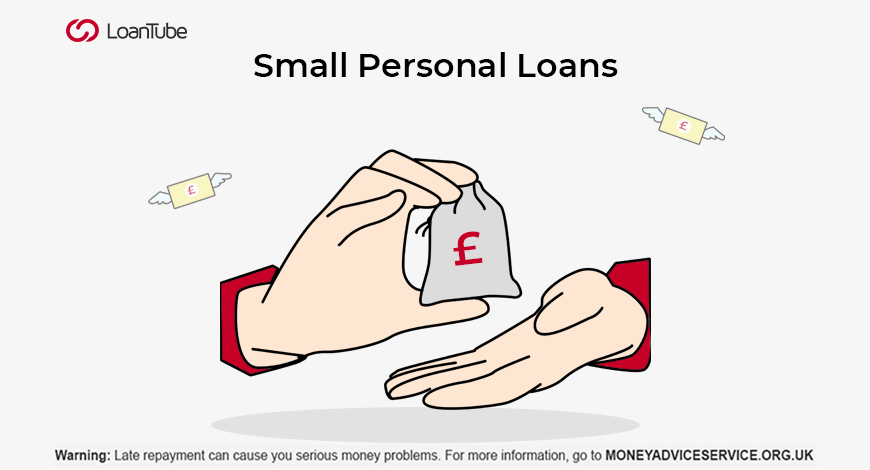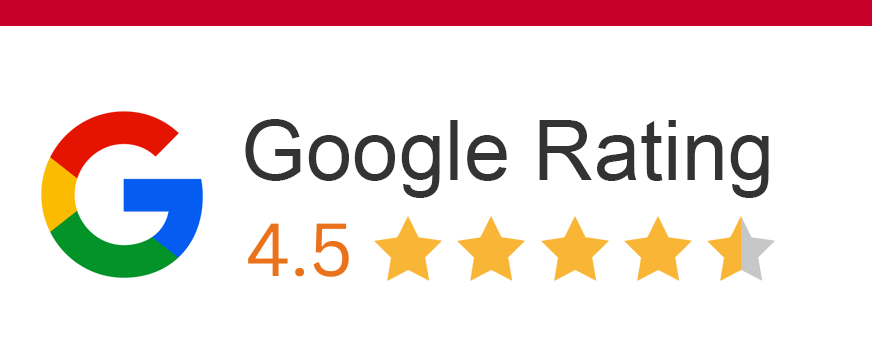Personal loans can be your go-to for a variety of circumstances. But sometimes, you need very little cash to bridge the gaps for some modest but pressing needs. In such a case, a Small Personal loan may be a more viable option than it’s counterparts.
Representative Example If you borrow £20000 over 72 months, your representative APR will be 22.90% APR. Your monthly repayments will be £488.36 and the total amount repayable will be £35,161.92. Representative Example If you borrow £20000 over 72 months, your representative APR will be 22.90% APR. Your monthly repayments will be £488.36 and the total amount repayable will be £35,161.92. Representative Example: Loan Amount: £20950.00, Loan Term: 85 Months, Interest Rate: 23.00% PA Variable. Monthly Repayments: £537.44. Total Amount Repayable: £45,682.15. This example includes a Product Fee of £2,095.00 (10% of the loan amount) and a Lending Fee of £714.00 Representative Example: Loan Amount: £20950.00, Loan Term: 85 Months, Interest Rate: 23.00% PA Variable. Monthly Repayments: £537.44. Total Amount Repayable: £45,682.15. This example includes a Product Fee of £2,095.00 (10% of the loan amount) and a Lending Fee of £714.00 Representative example: If you borrow £3000 over 36 months at a Representative rate of 47.8% APR and an annual interest rate of 39.7%, you would pay 12 monthly installments of £143.84. The total charge for credit will be £2178.24 and the total amount payable will be £5178.24. Representative example: If you borrow £3000 over 36 months at a Representative rate of 47.8% APR and an annual interest rate of 39.7%, you would pay 12 monthly installments of £143.84. The total charge for credit will be £2178.24 and the total amount payable will be £5178.24.Maximise your options: Compare and apply for loans below with LoanTube
Apply Filters

Loan Amount
£4000 -
£20000
Norwich Trust
Loan Term
1 -
10 years
4.8/5
Representative APR
22.9%
Minimum Age
21 Years

4.8/5
Norwich Trust
Loan Amount
£4000 -
£20000
Loan Term
1 -
10 years
Representative APR
22.9%
Minimum Age
21 Years
Minimum Income
£2000 per month

Loan Amount
£5000 -
£100000
Evolution Money Loans
Loan Term
1 -
20 years
4.5/5
Representative APR
28.96%
Minimum Age
18 years

4.5/5
Evolution Money Loans
Loan Amount
£5000 -
£100000
Loan Term
1 -
20 years
Representative APR
28.96%
Minimum Age
18 years
Minimum Income
Not mentioned

Loan Amount
£1000 -
£10000
1Plus1 Guarantor Loans
Loan Term
1 -
5 years
4.4/5
Representative APR
47.80%
Minimum Age
18 years

4.4/5
1Plus1 Guarantor Loans
Loan Amount
£1000 -
£10000
Loan Term
1 -
5 years
Representative APR
47.80%
Minimum Age
18 years
Minimum Income
Not mentioned
What are Small Personal Loans?
As the name suggests, a Small Personal Loan can be defined as a loan in which the principal ranges between £50 and £1000. These loans can be used to bridge an unexpected expense that the cash in hand may not cover fully. Your monthly budget can only cover so much, in case an emergency arises, even if you leave room for miscellaneous expenditures. Such expenses are often not very frequent but may catch you by surprise, a few times in a year perhaps.
So when an emergency throws you a curveball, a small personal loan over a short tenure can come in handy. Be it an unexpected medical bill, car repair, or emergency home repair, it is smarter to opt for this option, rather than using up your savings.
How do Small Personal Loans work?
Just like normal personal loans, a small personal loan can be borrowed via online application. You can either apply directly with a lender or through a broker. If you don’t have a lender in mind, borrowing through a broker will allow you to compare from a variety of loan offers.
Big or small, we’re here to help you with all your financial needs. Visit LoanTube to compare loans based on Real Interest Rates, and know your acceptance rate. You’re just one application form away from a quick and hassle-free borrowing experience.
Compare Personal Loans with Real Interest Rates
What types of Small Loans are there?
There are several forms in which you can borrow a small loan. We’ve outlined some of the most common types of short-term loans below:
- Payday Loans: One of the most popular forms of lending in the UK is through Payday Loans. People usually use Payday loans to stay afloat for a few days, until they get their next paycheck. Payday loans are generally repaid in full through a single installment. Although, you can always find lenders with more malleable repayment options. If you want to short term loan with a one month repayment period, you may consider a payday loan. However, do keep in mind the FCA regulations for Payday loans.
- Personal Loans: One doesn’t always have dispensable income available for an emergency expense. If you happen to find yourself stuck in such a situation, taking a small personal loan may alleviate the pressure. These loans are useful to support small financial discrepancies, ranging between £100 and £2000, over a short loan period. Where payday loans generally offer up to £1000, a personal loan will allow you to borrow a slightly larger amount. Since these loans are repaid in monthly installments, people find it manageable, hence reducing the chances of a default. However, unlike payday loans, these loans are repayable over monthly installments, so you’ll be charged interest for the entire term.
- High-street Loans: the UK is home a large number of high-street lenders offering small loans for emergencies. High street lenders such as pawnbrokers that offer same day cash loans are handy for a short notice cash crunch. However, high street loans tend to be way more expensive compared to other borrowing options. These lenders also require some form of security against the loan.
- Credit Card Loans: When an unforeseen event occurs, you may not have the luxury of time. In such cases, having a credit card to fulfill these sudden expenses can save you from the hassle of rearranging your funds to get money. Credit cards are helpful if you’re able to pay your credit card bill within 30 days. If you keep accumulating this debt, however, you’ll continuously keep getting charged extra each month.
- Lines of Credit: Lines of Credit refers to an arrangement wherein a lender sets a maximum limit up to which a certain customer can borrow money. The customer can then use this preset borrowing limit any time they need it. Until the borrowing limit is surpassed, money can be borrowed as per the debtor’s requirement. Most lenders qualify their customers for lines of credit after they’ve built a long-standing relationship with them. This type of borrowing also proves to be an expensive option as interest is charged daily. The only upside is that this form of credit is readily available. So if you find yourself in an emergency, you can rely on your lender on short notice.
How should I choose a small loan lender in the UK?
Here’s how you can filter your loan options, and find the best and most affordable of them all:
- FCA approval: Ensure that the lender you choose for your small personal loan is approved by the FCA. FCA-approved lenders always have a reference number. These lenders get approval because they’ve met FCA’s legal requirements and follow their legal code of conduct.
- Loan approval rate: Small loans are borrowed to bridge a financial gap during emergencies. A lender with a higher acceptance rate will help you save your time.
- Affordability: To check the overall cost of your loan, compare your loan offers based on APR. Find the most affordable option, with the minimum APR to save as much as possible.
- Terms and conditions: Before accepting an offer on paper, read your loan agreement thoroughly. Look for any hidden fees or charges that the lender may have levied.
- Privacy: The lender should also have strict privacy policies. Loan applications contain confidential information that must be protected from unauthorized access. Choose a lender that has strict data policies that offer applicants protection against problems like identity theft.


